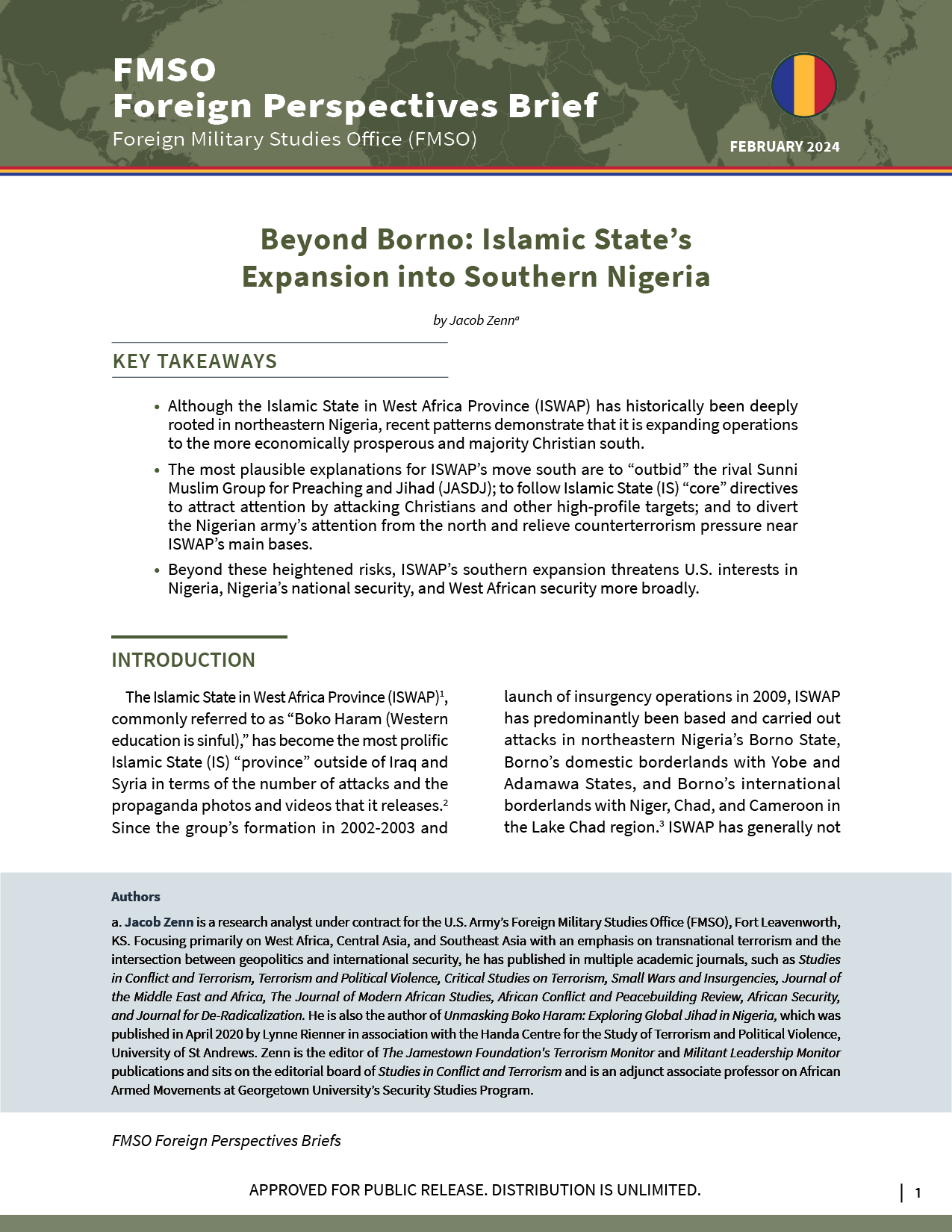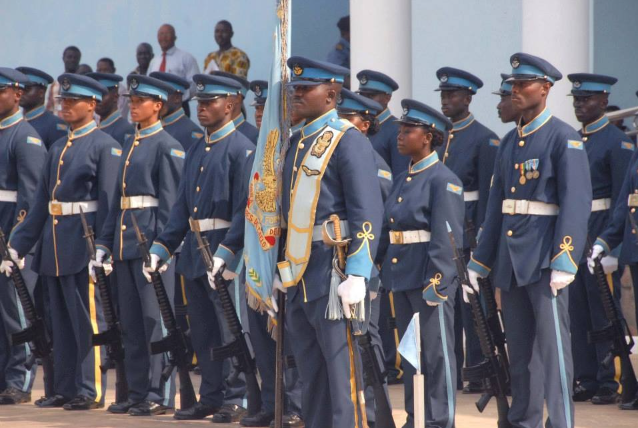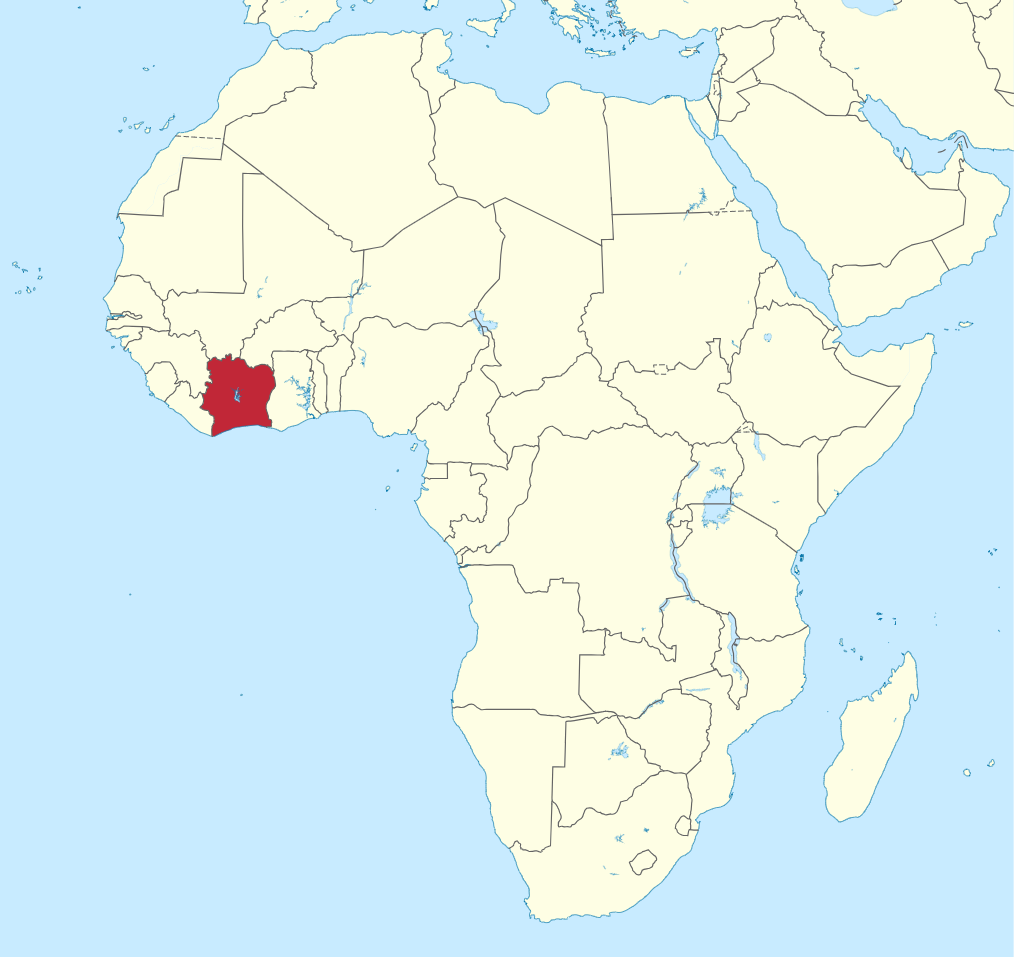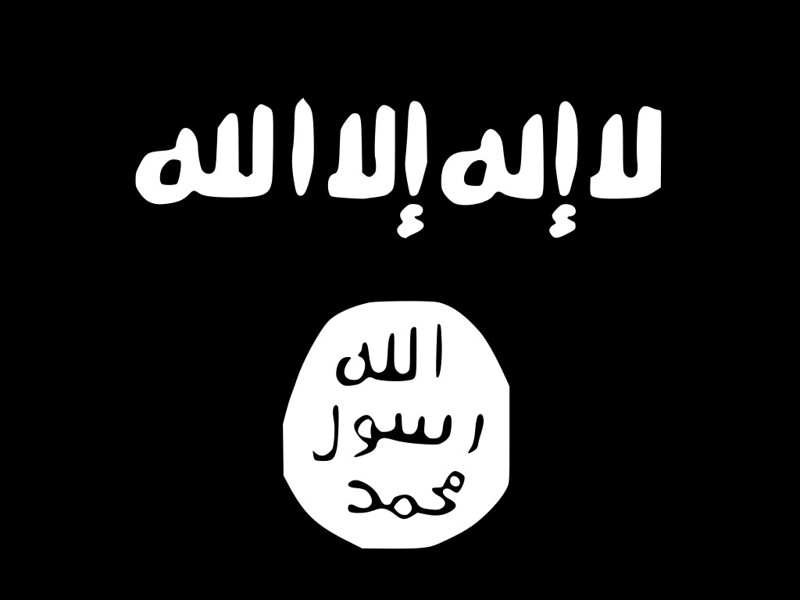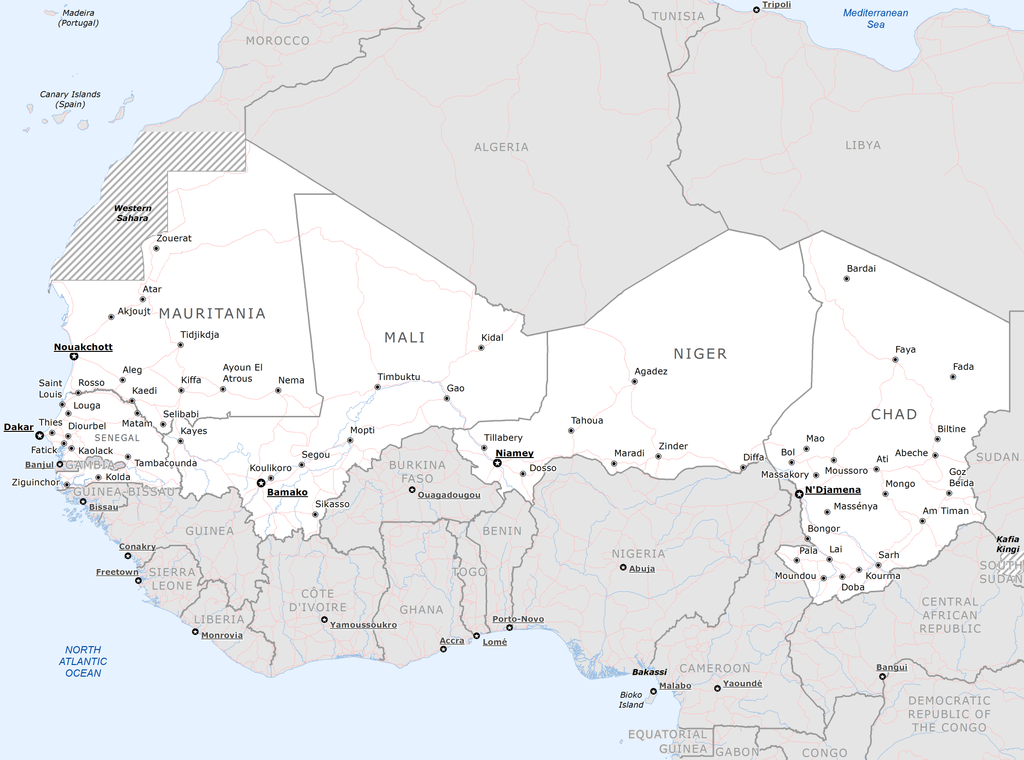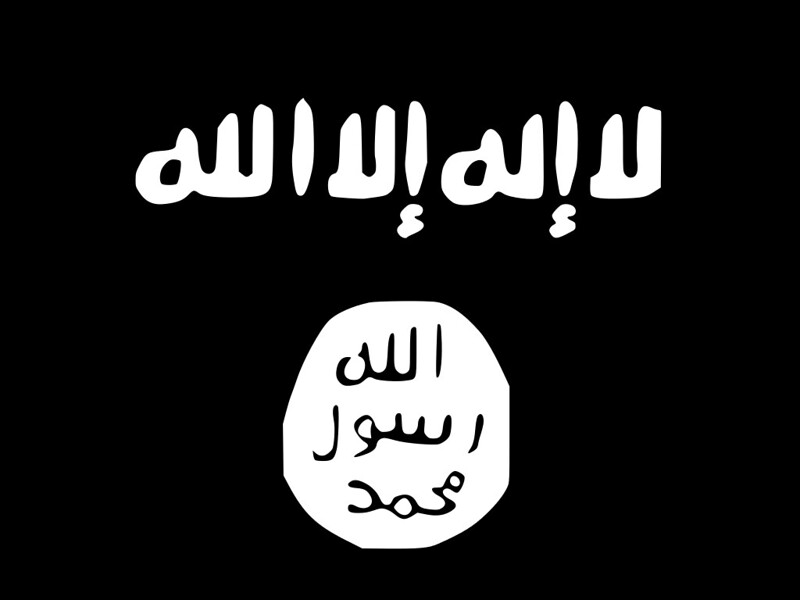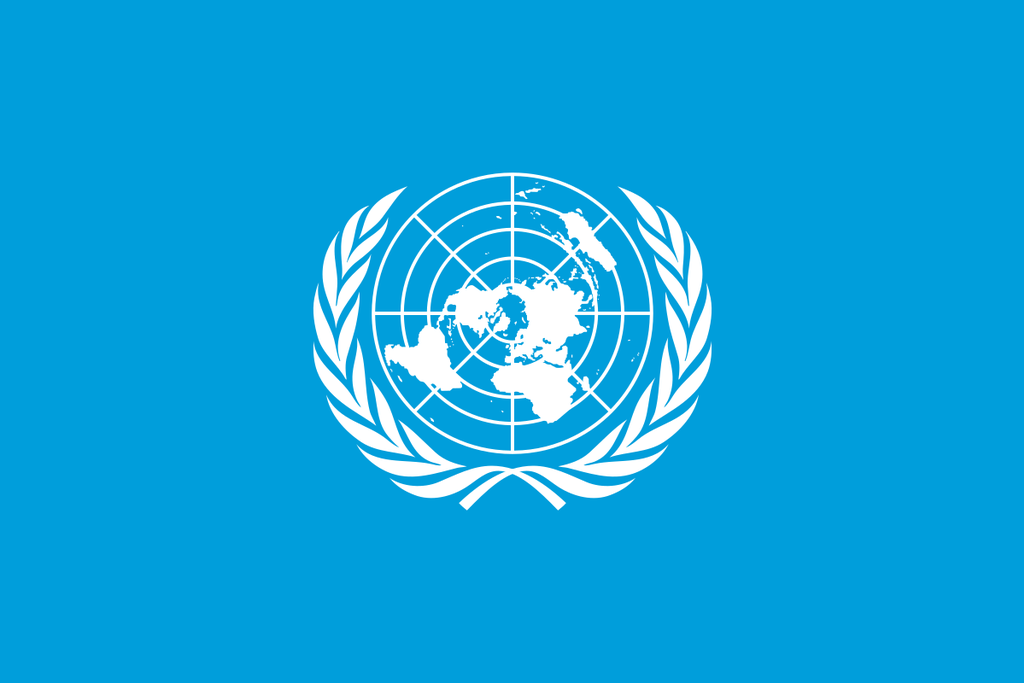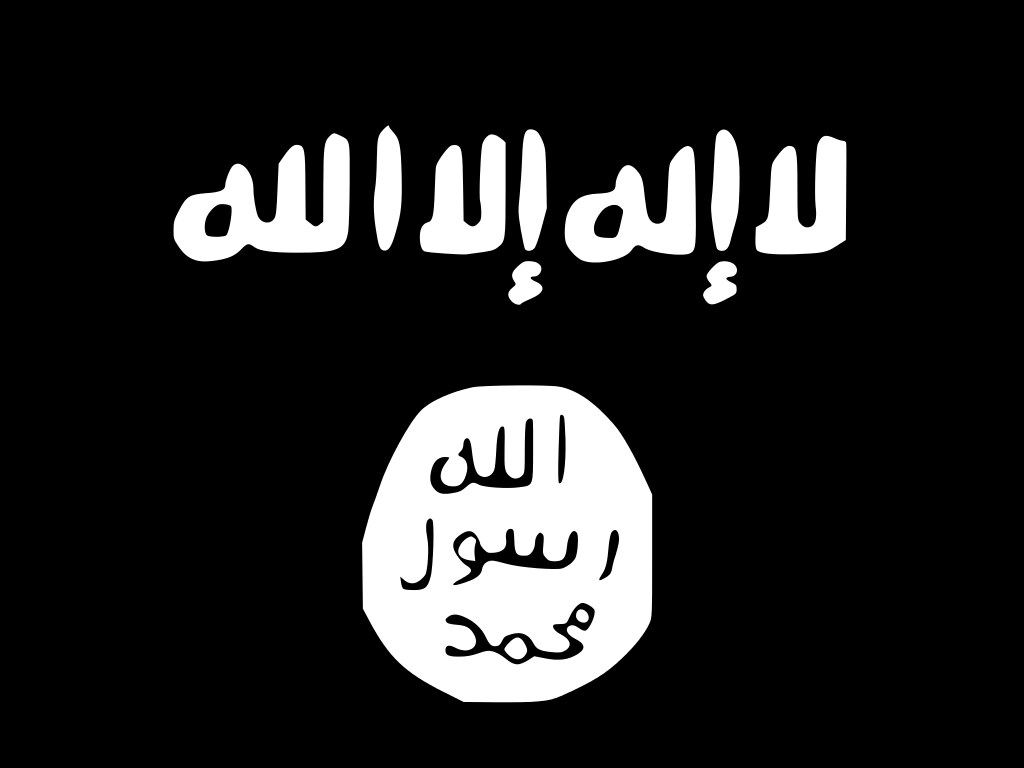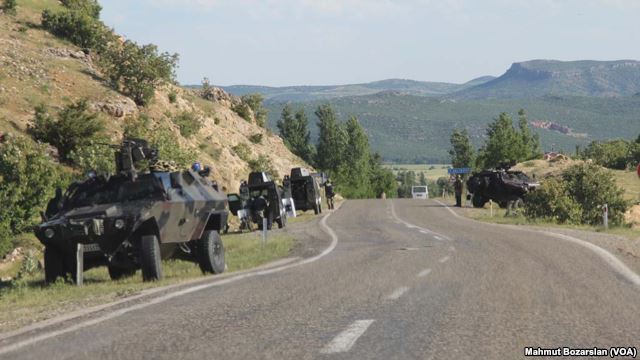
Turkish Army vehicles in south-eastern Turkey. In light of recent regional attacks by the Islamic State, Turkey is ramping up counterterror measures in the country, especially targeting Tajiks.
“Turkish security services have carried out continuous campaigns against the [terrorist] cells and members of the organization, which resulted in the arrest of thousands, in addition to the deportation of nearly 3,000.”
Turkey’s Anti-Terrorism Division continues its offensive against the Islamic State (IS) and other groups as the government attempts to restrict Tajik nationals access after a string of international attacks. Turkey is actively attempting to disrupt the remaining cells of the IS in the country after several deadly terrorist attacks linked to the group have occurred throughout the globe. Over a week period in January 2024, IS conducted bombings in Kerman, Iran, conducted a shooting at the Santa Maria Catholic Church in Istanbul, Turkey, and finally, the group killed over 130 people during an attack at the Crocus City Hall in Moscow, Russia. According to the first excerpted article from the Saudi-owned international newspaper Asharq Al-Awsat, in April 2024, the Turkish Anti-Terrorism Division personnel arrested 48 IS members in Istanbul. Thirty of those arrested were said to be connected to the Santa Maria Catholic church attack. 18 additional members were arrested in Ankara, many of whom are Tajik. The article also notes that at least two of the perpetrators of the Crocus attack in Moscow spent time in Istanbul immediately before the attack. IS fighters traveling through Turkey or using the country as a temporary place to stay is not a new phenomenon, as thousands of fighters and recruits have passed through Turkish borders since 2013. IS fighters and supporters have consistently used Turkey as a hub, despite counter-terrorism efforts. Many IS-affiliated individuals will cross the border from Syria, and Ankara’s primary countermeasure has been deportation to the country of origin with over 9,000 deported to date.[i] According to the second excerpted article from the Turkish-based news outlet TürkRus, Tajik nationals now face deportation and rescinded visa exemptions as a result of the Tajik connection to the recent terrorist attack at the Crocus City Hall in Moscow, the Santa Maria Catholic church attack, and a planned attack in Istanbul. Tajiks in Turkey were given a deadline of 20 April 2024 to leave or be under the threat of being forcibly expelled. Although Tajikistan is a small former Soviet republic just north of Afghanistan, approximately half of IS fighters are recruited there. A combination of poverty, lack of religious freedom, and an oppressive dictatorial regime give citizens few options, which IS has capitalized on. Through primarily online recruitment methods, IS appears to have been able to appeal to many Tajik’s grievances with Russia and the West. As for Turkey, the effects of its most recent countermeasures for Tajik nationals are yet to be seen.
OE Insight Summary:
TUR’s Anti-Terrorism Division continues its offensive against the Islamic State and other groups as the government attempts to restrict access to Tajik nationals after a string of international attacks.
Sources:
Saeed Abdul Razik, “طاجيكستان دون تأشيرة تركيا توقف العشرات من «داعش» وتلغي دخول مواطني (Turkey arrests dozens of ISIS members and cancels visa-free entry of Tajik citizens),” Asharq Al-Awsat (Saudi news site), 6 April 2024. https://aawsat.com/شؤون-إقليمية/4952726-تركيا-توقف-العشرات-من-داعش-وتلغي-دخول-مواطني-طاجيكستان-دون-تأشيرة
Counter-terrorism forces in Turkey arrested 48 members of the terrorist organization ISIS, including 30 members linked to the perpetrator of the attack on the Santa Maria Catholic Church in Istanbul on January 28. 18 members of the terrorist organization were also arrested in the Turkish capital, Ankara.
Last February, a Turkish court decided to imprison 25 defendants and conditionally release 9 others who were involved in the armed attack on the Santa Maria Church in the Sariyer district of Istanbul, which was carried out by two ISIS members: the Tajikist Amerjon Khalikov and the Russian David Tandev, who were charged. They were charged with: “belonging to a terrorist organization” and “premeditated murder.” They were among 60 Russian and Tajik suspects who were arrested in connection with the attack, and 26 of them were referred to deportation centers outside the country.
The Turkish security forces arrested 147 ISIS members as part of the investigations, and 17 members of what is known as the “Khorasan Province” affiliated with ISIS were arrested after their identities were identified by Turkish intelligence and the Anti-Terrorism Division in the Istanbul Security Directorate. Confirming their connection to the armed attack on the church and planning to establish an entity to train and deploy ISIS militants in Middle Eastern countries. ISIS, which Turkey has classified as a terrorist organization since 2013 and which was responsible for or attributed to the killing of more than 300 people in attacks in Turkey between 2015 and 2017.
Turkish security services have carried out continuous campaigns against the cells and members of the organization, which resulted in the arrest of thousands of them, in addition to the deportation of nearly 3,000, and preventing the entry of more than 5,000 into the country.
“Turkey 20 Nisan’dan itibaren Tacikistanlıları deport edecek (Turkey will deport Tajikistan citizens as of April 20),” TurkRus (Turkish news site), April 7, 2024. https://www.turkrus.com/3167873-turkiye-20-nisandan-itibaren-tacikistanlilari-deport-edecek-xh.aspx
After the terrorist attack in Moscow, it was revealed that the terrorists were Tajik nationals. Turkey also recently announced that it has lifted visa liberalization for Tajikistan. Turkey announced that it had lifted visa liberalization with Tajikistan. Speaking to Sputnik, Turkish diplomatic sources stated that Turkish officials informed the Tajikistan authorities that Tajik nationals who did not leave the country as of April 20 would be deported from the country.
It is noteworthy that the decision was taken after it was announced that some of the defendants, who were Tajik citizens, who were announced to have carried out the terrorist attack in Crocus City in Moscow, had traveled to and from Turkey before this action, and after many news about this issue appeared in the Russian press.It was noted that Tajikistan is considering the issue of imposing a visa requirement for Turkish citizens in accordance with the principle of reciprocity.
Notes:
[i] The International Crisis Group provides a detailed analysis of the overall challenge Türkiye faces with ISIS-linked foreigners in Türkiye. For more information, see:
“An Enduring Challenge: ISIS-Linked Foreigners in Turkiye,” International Crisis Group, 28 February 2023. https://www.crisisgroup.org/europe-central-asia/western-europemediterranean/turkiye/267-enduring-challenge-isis-linked-foreigners
Image: Turkish Army vehicles in south-eastern Turkey. In light of recent regional attacks by the Islamic State, Turkey is ramping up counterterror measures in the country, especially targeting Tajiks.
Source: https://commons.wikimedia.org/wiki/File:Turkish_Army_vehicles_in_south-eastern_Turkey.jpg
Attribution: Public Domain

